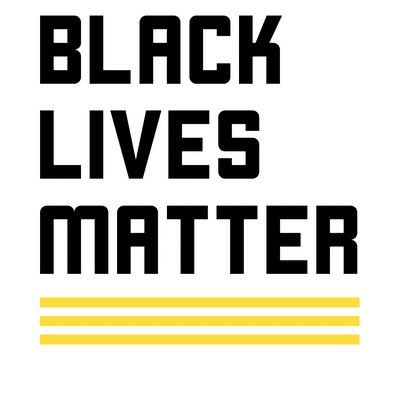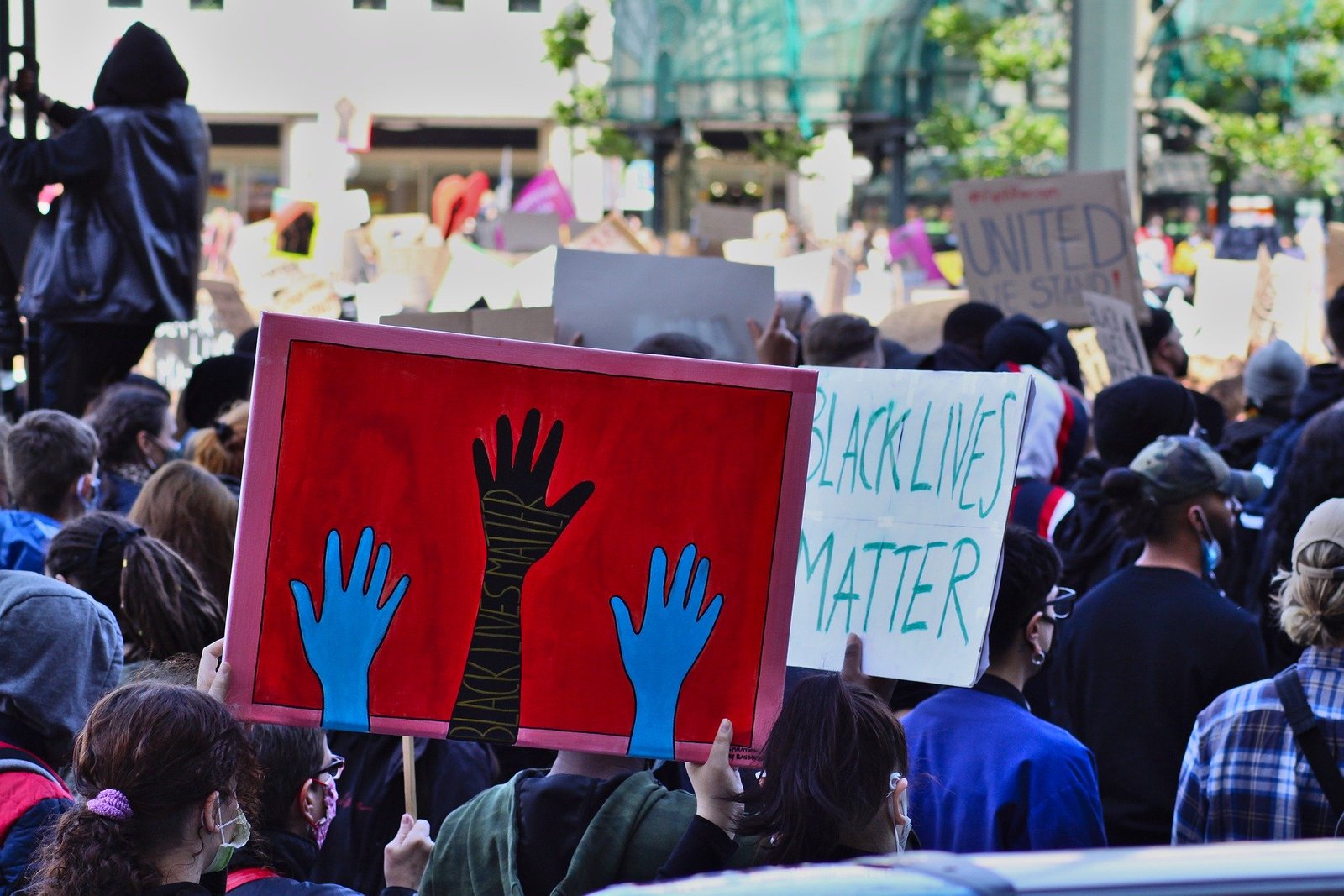Does the concept of white privilege help us address racial inequality, or is it a cheap alternative to social and economic action?
In its most basic form white privilege expresses the idea that at least within Western societies whites have unearned advantage in virtue of their skin colour. The most defensible articulations of the concept are perhaps those that restrict the idea of ‘white privilege’ to the subtle, more overlooked aspects of race relations in the post-civil rights era. Nonetheless, dating back to the concept’s origins in the 1970s, one can observe a certain lack of precision in specifying the boundaries of what is and what is not white privilege. The author of the seminal piece in this field, Peggy Macintosh seems to have a very capacious understanding of what counts as white privilege. She cites a host of advantages, ranging from those that could even be viewed as disadvantages, such as ‘perceiving oneself as normal’ (one might argue humans strive for individuality) to ‘not being asked to speak on behalf of my race’ (in contrast, speaking on behalf of a group can confer power), right through to those things whose absence would constitute a serious rights infraction, such as the ability to form positive relations with the police.
The lack of rigour in the concept’s debut does not of course apply to all writers who have subsequently addressed this topic, especially within the academy. But as the concept of white privilege has filtered into public usage, it has become apparent that white privilege can mean as many different things as there are people willing to use the term.
Apart from issues concerning how we conceptualise white privilege (which will be the main focus of the forthcoming discussion) there are a range of criticisms that can be levelled at framing racial inequality in terms of white privilege. Some objections are very much pragmatic. The recent aspersions cast against the concept of ‘whiteness’ – to which white privilege can be classed as belonging — are often interpreted as a disdain for white people. While I would not argue that the degree of opprobrium levelled at whites via whiteness in the age of the social justice warrior compares to the vilification that blackness and black people sustained for several millennia, it seems nonetheless capable of generating a similar kind of response. Which is to say, that when people are attacked in virtue of possessing some racial characteristic they begin to identify themselves in those very terms; group shaming invariably leads to a defensive sense of group pride. An identitarian backlash of this kind means movements on the fringes, like Richard Spencer’s and Jared Taylor’s, will find new recruits, while centre-left politicians who pander to such rhetoric will lose some of their white working-class base.
Apart from the above practical concerns there are questions as to whether many things cited as white privileges are indeed about skin colour at all and whether white privilege is really so powerful a force in shaping one’s life chances. Pushback of this sort has been offered by Professor Wilfred Reilly. Reilly, author of Hate Crime Hoax tries to isolate skin colour as a variable in American success. He conducted a study of roughly 500 college undergraduates to determine the effects of various characteristics on his sample group’s life success, weighing race against such other factors as age, sexual orientation, social class, faith, physical appearance and so forth. He states,
“Unsurprisingly, I did find that being Black or Latino had a statistically significant 2-3 point negative impact on median respondent privilege, on my 100-point scale. Less technically put, this result means that some racism still exists, and the average Black guy is three percent less privileged than the average white guy when all variables besides race are held steady”
So by Reilly’s estimations, being in a state of melanin depletion may get you some perks, some of the time, but not as much as is suggested by a pervasive focus on this one type of privilege, but, as always, more rigorous research is required.
Pragmatic and empirical concerns aside, another way to think about the difficulties that the idea of white privilege encounters is from the arm chair. We may ask, what is it that this conceptualisation brings to the table that was lacking in terms of simply viewing racial inequality through the lens of disadvantage or discrimination?
One possible answer: we are often looking for words that capture the socio-political relations of particular periods and perhaps the idea of white privilege can serves such a use. To describe a society as in ‘a state of white privilege’ is to say that it is transitioning out of white supremacy but still in a position of conferring advantages to the dominant group.
In defence of claiming this description fits societies such as contemporary America or Britain, we can note that when legal discrimination ends (as it has) people’s social attitudes rarely align overnight. You can get rid of obvious outward discrimination but what remains – it can be argued -– is a preference for whiteness that can lead to less conspicuous advantages to whites and disadvantages to non-whites.
If then we want a concept for that social moment (whether it is passing or not) then perhaps white privilege is just the one. Within this one understanding of white privilege, however, we should note there could be radically different takes on the power of white privilege to shape the fates of racial groups. Some will attribute all racial inequality to this system of advantages, claiming cynically that ‘not much has changed in recent times concerning race besides the laws.’ Others may adopt a more optimistic stance claiming ‘in some areas of social life your race will work against you, but other factors also underpin racial inequality.’
The above approach to white privilege restricts its definition specifically to (1) societies that have undergone anti-racist legal reform and (2) subtle overlooked advantages that result from the remaining influence of the dominant racial group. To define white privilege as such is – if nothing else – to meet the challenge of bringing something new to the table. White privilege describes a new kind of thing, though of course the question remains why name this new kind of thing a ‘system of white privilege’ as opposed to a ‘system of subtle black disadvantages or discrimination’?
Regardless to the merits of restricting white privilege rhetoric in the way suggested, there is a tendency among advocates of the term to adopt a much broader Macintosh-like approach, adopting what I would call the ‘absence view of white privilege.’ On such a view privilege does not have to be subtle, or overlooked, it is simply the absence of racism. British commentator Ren Edo Lodge and author of Why No I Longer Talk To White People About Race opts not only for a deeply cynical reading of the scope of white privilege, calling it a ‘manipulative suffocating blanket of power’ that is ‘brutal and oppressive,’ but also fails to give anything in her account that could not be captured by a traditional focus on various manifestations of racism. As examples of white privilege she offers
An absence of structural discrimination
An absence of funny looks
An absence of violence enacted on your ancestors because of the colour of their skin
An absence of being marginalised
Being included in the narrative of being a human being
Adopting the view that white privilege is merely the absence of racism however seems like an act of double counting harms. For example, not only is structural discrimination a harm but so is its absence. Not only is receiving ‘funny looks’ bad but so is not receiving them. For those intent on making the contemporary black plight look as bad as possible, one can see the allure of such a double count. Nevertheless, we still might wonder whether the increasing fixation on white privilege over plain old racism has to be based on more than a mere sleight of hand.
One justification for the switch away from black discrimination to the absence of discrimination is its potential to encourage deeper reflection on injustice. It is common for us to think it unfair that an innocent black customer is tailed in a store, but we rarely consider that by shopkeepers focusing their efforts on black suspects they may enable white shoplifters to increase their ill-gotten gains. These types of examples may go some way to explaining the new framing of racial inequality offered by white privilege, but given that cases of criminal enrichment are relatively rare features of human life, the resounding fondness for the reformulation may require a deeper psychological explanation.
Such an explanation is offered by Wes Alan of the Partially Examined Life Podcast. Offering a tight reading of McIntosh’s original piece, he infers that the switch to the language of white privilege is fundamentally driven by a desire to achieve equality of status recognition (e.g. how society judges your worth) not by bringing up the social esteem of a minority group but by bringing down the esteem of the dominant group. To clarify this, when it comes to any issue of the distribution of some good we can ask to achieve equality do we do this by bringing up those who are lacking or do we bring down those who are not? A slogan derived from Winston Churchill about socialism being the equality of misery would suggest the former.
Returning to the issue at hand, we can note when someone calls out another’s white privilege they are certainly not doing it as a compliment or to add to the individual sense of self-regard. More convincingly, it can be argued they are aiming to achieve equality of status recognition by lessening the social confidence of the beneficiary of white privilege, just as someone who loses a race would be levelling down status recognition by highlighting a cheater’s unfair head start.
The proponents of the rhetoric of white privilege are of course always clear to say they don’t want to elicit ‘white guilt’, but even if guilt is not the means to level down, some form of psychological subtraction of status clearly is. Consider as a comparison: if, in an academic rivalry, your friend attains a superior degree and you say to them this feat was achieved because of their privilege (perhaps they went to a private school or had a private tutor) you may not be making them feel guilty but you are saying their self-satisfaction in this instance is not so warranted.
Therefore, on the most cynical reading, white privilege rhetoric does not ask for reflection to motivate action, rather it says to white folks placed in their perceived mansions of unearned advantage, ‘do not be so sure of yourselves, as much of what you have, you did not earn’. This objection draws parallels with Nietzsche’s critique of morality, which consisted of showing how our moral system of compassion had its origins in something lowly and selfish, namely the will to power. In a similar manner this critique of white privilege would claim it is an attempt to adopt a moral stance through what really is a mean-spirited form of psychological revenge.
To what extent this can be construed as mean-spirited is nonetheless is open to debate. If whites have in fact had unfair advantages, a psychological subtraction of their esteem seems a perfectly understandable response. After all, in most instances, levelling down requires much less than levelling up. Levelling down someone’s social status only requires pointing out how their success has not been entirely of their own making(e.g. ‘yeah but you went to private school’); levelling up requires we implement policies that create a level playing field (e.g. we abolish private schools).
In the final analysis, however, it all comes down to the fundamental empirical issue alluded to earlier. Citing another’s white privilege in an attempt to strip them of their self-satisfaction is only a legitimate move if race is indeed the cause of their success. So while it would be an exercise in poor judgement to begrudge a low income citizen of Sub-Saharan Africa highlighting a Westerner’s immense first world privilege, our hesitation to extend such charity in the case of white privilege is that it remains a point of great controversy just how decisive skin colour is in determining one’s success in life.









Article Discussion